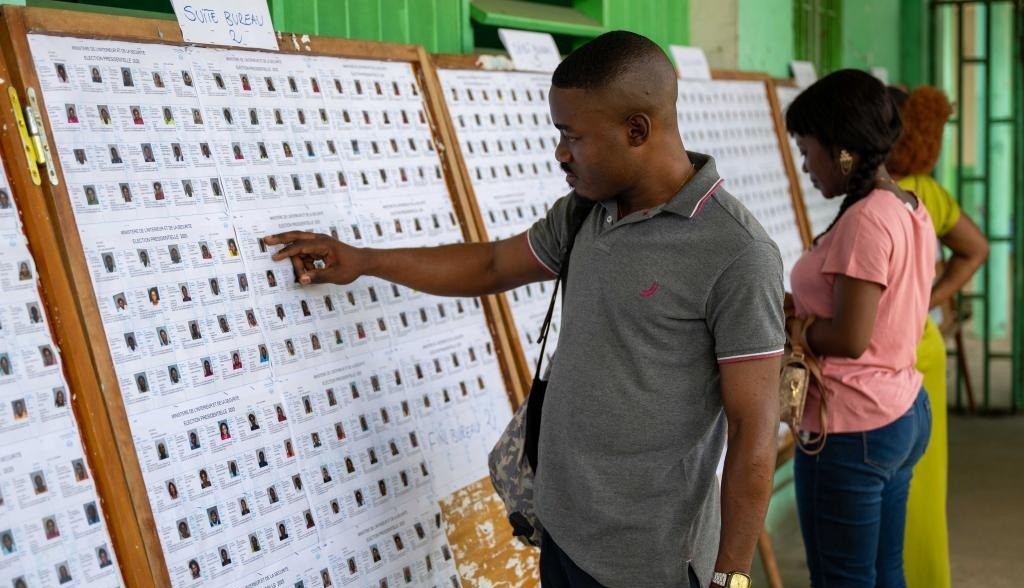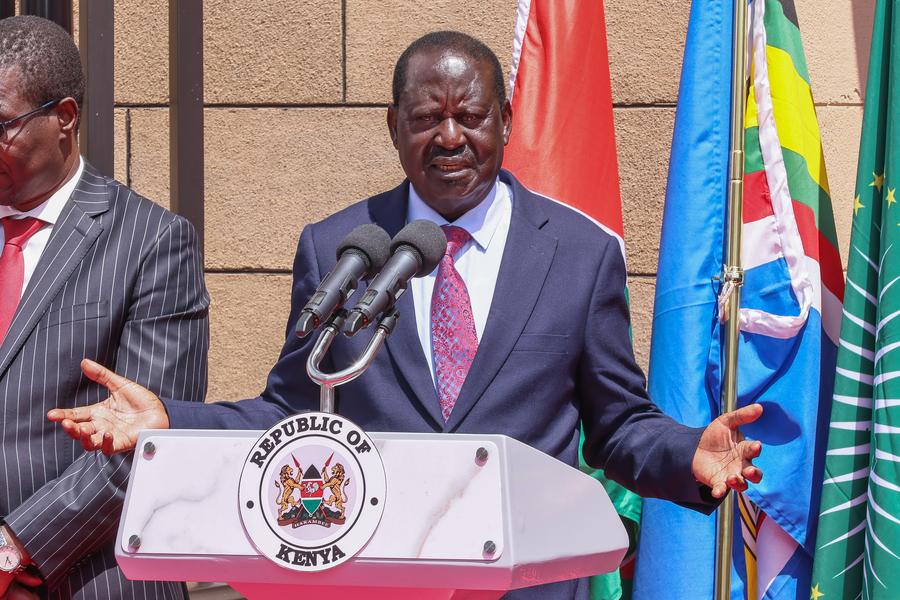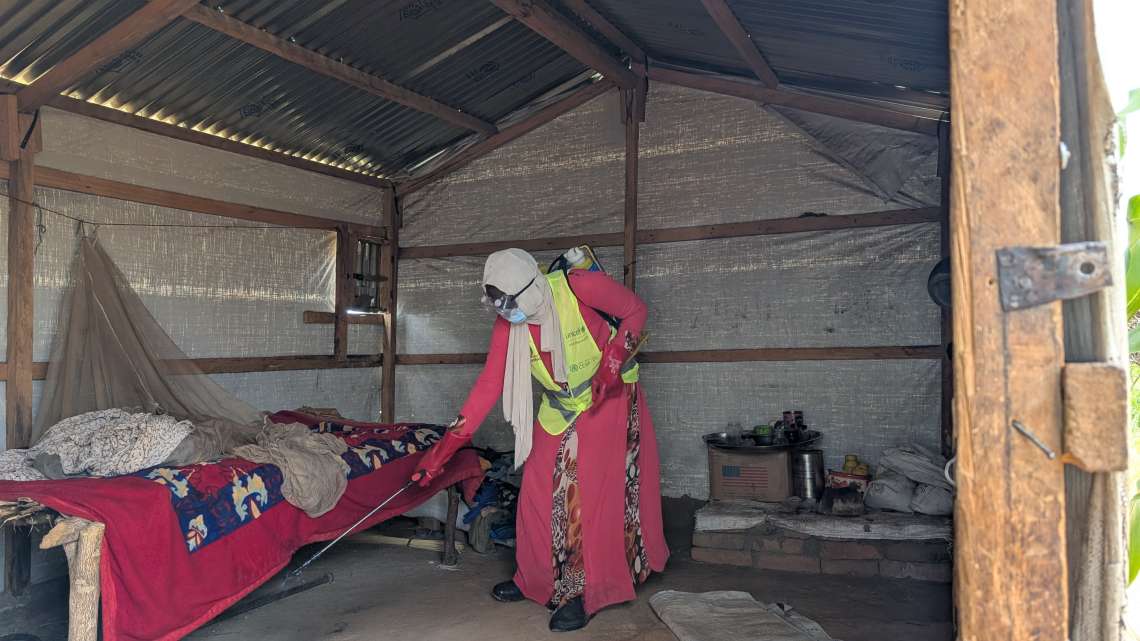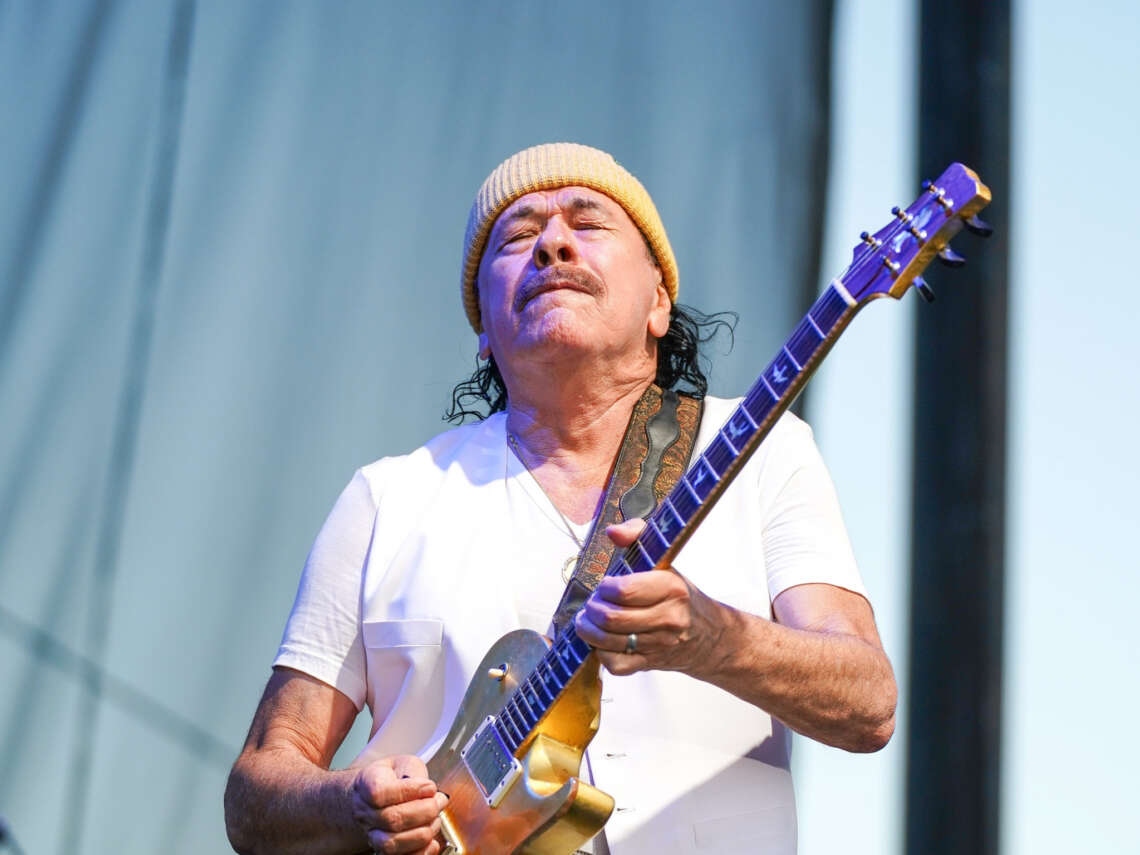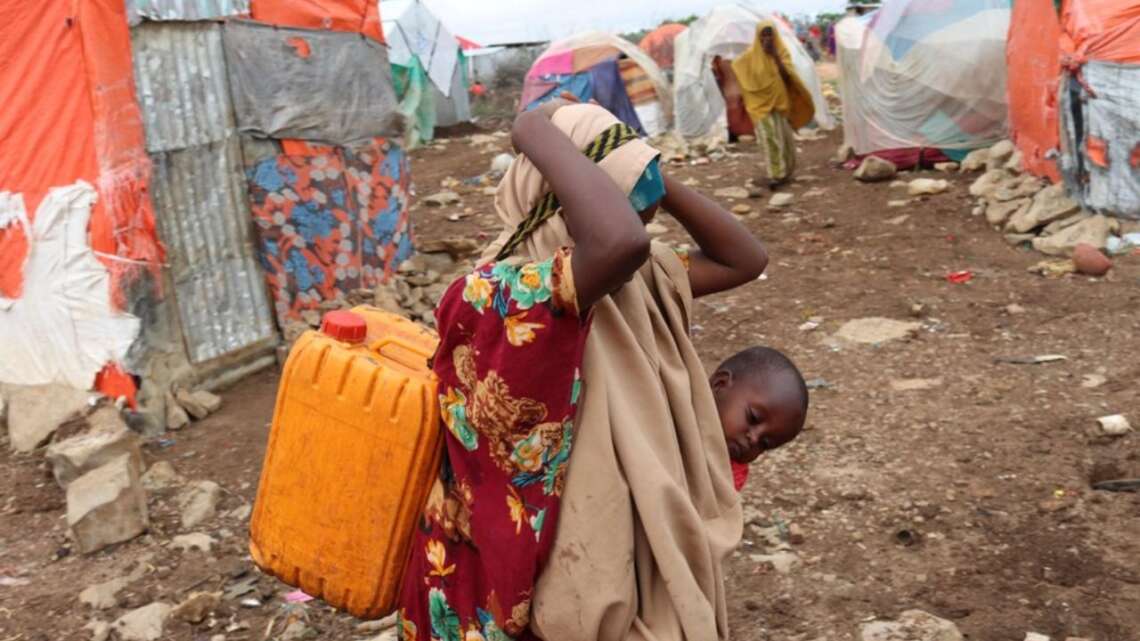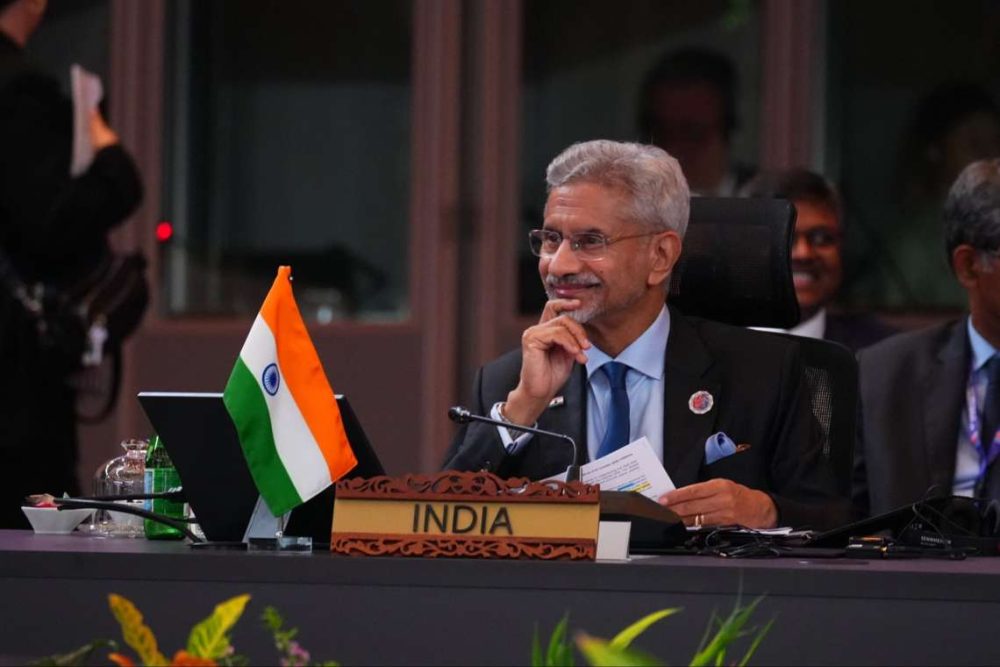According to the final results announced by the Constitutional Court, Oligui Nguema won the election with 58,074 votes, which accounts for 94.85%
Gabon’s constitutional court has confirmed that Gen. Brice Clotaire Oligui Nguema, Gabon’s interim president who staged a 2023 coup, won the Central African nation’s April 12 presidential election.
According to the final results announced by the Constitutional Court, Oligui Nguema won the election with 58,074 votes, which accounts for 94.85 percent.
Oligui Nguema’s tally increased by almost 5 percent compared to the provisional results announced the day after the April 12 vote by the Ministry of the Interior.
He defeated seven other candidates, including the immediate past Prime Minister Alain Claude Bilie-By-Nze, who came in a distant second with 3 percent of votes cast. None of the other six candidates crossed the 1 percent mark.
Bilie-By-Nze recently said that Oligui Nguema took advantage of state resources to support his campaign. The government denies this.
Local observers deemed the conduct of the election satisfactory in nearly all the polling stations monitored.
The Constitutional Court announced a turnout of 70 percent in the election in which some 920,000 voters, including over 28,000 overseas, were registered to participate across more than 3,000 polling stations.
The Interior Ministry had previously announced a higher turnout of 87.21 percent in its provisional results announced the day after the vote.
Gabon’s first election since the 2023 military coup ended a political dynasty that lasted over 50 years.
It was seen as a crucial election for the central African nation’s 2.3 million people, a third of whom live in poverty despite its vast oil wealth.
Oligui Nguema, the former head of the country’s Republican Guard, toppled President Ali Bongo Ondimba nearly two years ago.
He hopes to consolidate his grip on power for a seven-year term in office and is set to be inaugurated on May 3.
Nineteen months after overthrowing president Bongo, whose family ruled Gabon for more 55 years, Nguema has pitched himself as a change agent cracking down on the corrupt old guard. Nguema, 50, has criss-crossed Gabon in a baseball cap with the slogan, “We Build Together” during the campaign.
His main challenger is Alain Claude Bilie By Nze, who was serving as prime minister under Bongo before the August 2023 coup, the eighth in West and Central Africa since 2020. A new constitution approved in November cleared the way for Nguema’s candidacy.
Analysts say his status as the frontrunner comes from a sense that people were broadly happy with the coup and him being the most visible candidate during the campaign. Nze’s close ties to the old government – which was accused by critics of vote-rigging – also undermine his warning that Nguema poses a threat to Gabonese democracy, said Florence Bernault, a historian of Central Africa at Sciences Po. “He doesn’t seem to be very well placed to criticise,” Bernault said.
Gabon’s economy grew by 2.9% in 2024, up from 2.4% in 2023, driven in part by infrastructure projects and increased production of commodities such as oil, manganese and timber, according to the World Bank. But many voters said they were mostly concerned about basic services, citing power cuts that plague the capital. “We talk about it every day. So this is a primary urgency because we don’t want to have this anymore, these daily power cuts,” said 40-year-old electrician Herve Regis Ossouami.
In 2023, soldiers toppled President Ali Bongo Ondimba and put him under house arrest, accusing him of irresponsible governance and massive embezzlement that risked leading the country into chaos. The junta released Ondimba a week later on humanitarian grounds, allowing him travel abroad for medical treatment.
The soldiers proclaimed their Republican Guard chief, Gen. Brice Clotaire Oligui Nguema, as president of a transitional committee to lead the country. Oligui is a cousin of Bongo.
Bongo had served two terms since coming to power in 2009 after the death of his father, who ruled the country for 41 years. His rule was marked by widespread discontent with his reign. A coup attempt in 2019 failed.
The draft constitution imposes a seven-year term, renewable only once, instead of the current charter that allows for five-year terms renewable without limit. It also says family members cannot succeed a president and abolishes the position of prime minister.
The former French colony is a member of OPEC but its oil wealth is concentrated in the hands of a few — and nearly 40% of Gabonese aged 15 to 24 were out of work in 2020, according to the World Bank. Its oil export revenue was $6 billion in 2022, according to the US Energy Information Administration.


